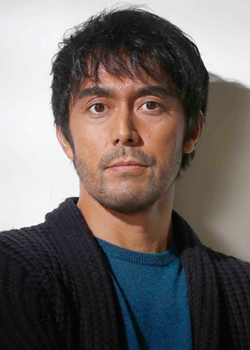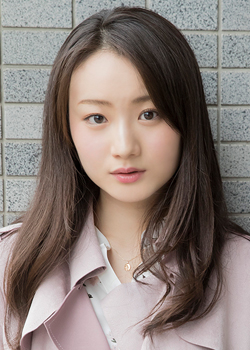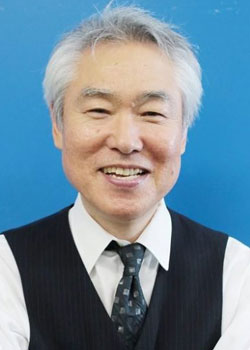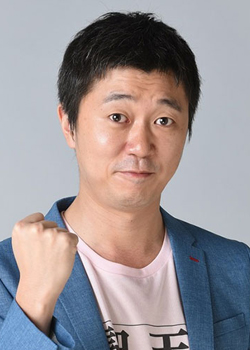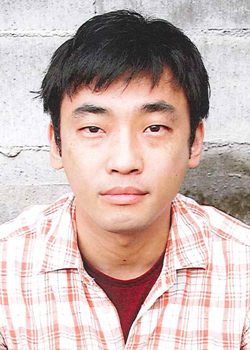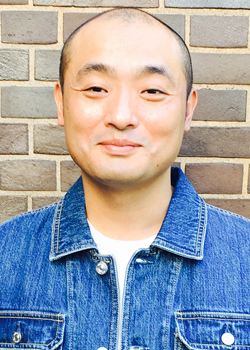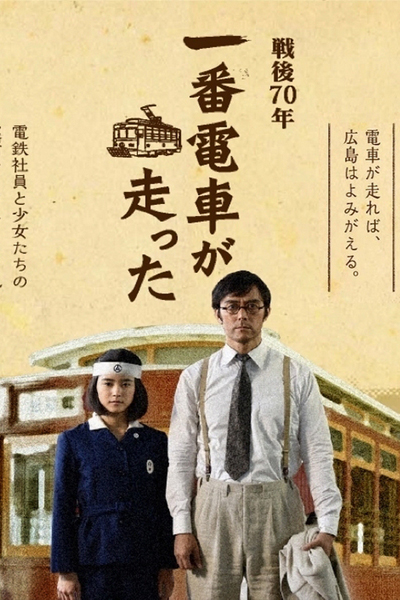
Ichiban Densha ga Hashitta SP
On 9 August (Showa 20) 1945, one streetcar starts to run on the streets of Hiroshima which has been devastated. The surviving employees of the electric tram company had begun recovery work since the day after the atomic bomb was dropped. The bent tracks were hammered down and the overhead wires were set up again. A mere three days after the bombing, they manage to resume service on a section of the route. The drivers are young girls in their mid-teens who work while studying at the company’s girls school for home economics. Working in place of the males who have gone off to war, they are crew of the streetcar and even in charge of driving. 16-year-old Amada Toyoko (Kuroshima Yuina) is one of them. Born in a farming village in the outskirts of Hiroshima, Toyoko had heard that she could study while working, and came to Hiroshima. She was driving during the morning shift on the day that the atomic bomb was dropped, but miraculously survived although she was thrown out of the streetcar. Now she stands at the driver’s seat with her head wrapped in a bandage. The car is filled with people who are going in search of family members. Everyone clings to hope and stares ahead. Then the end of the war greets them. The streetcar continues to run on the streets of Hiroshima which has lost everything.
“Once the streetcar runs, Hiroshima will come to life again!” Matsuura Akitaka (Abe Hiroshi), the head of the electric tram company’s electrical section and a widower with three children, is tasked with restoring the main routes within one month. The streetcar which travels the forlorn streets becomes the hope of Hiroshima before anyone realises it.
Cast more
Ongoing Drama
more-
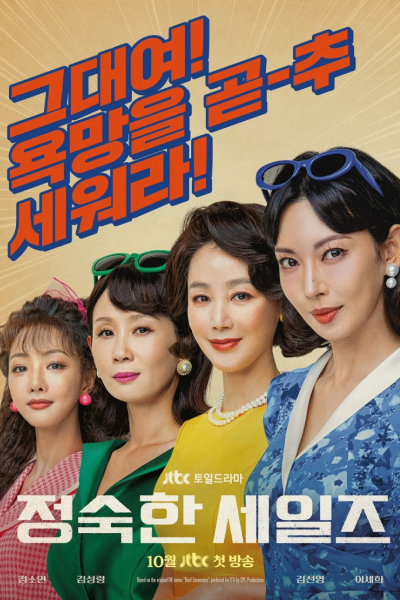
A Virtuous Business (2024)
-
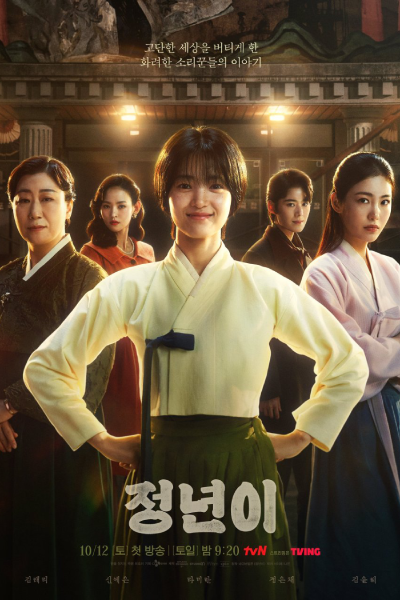
Jeongnyeon: The Star Is Born (2024)
-
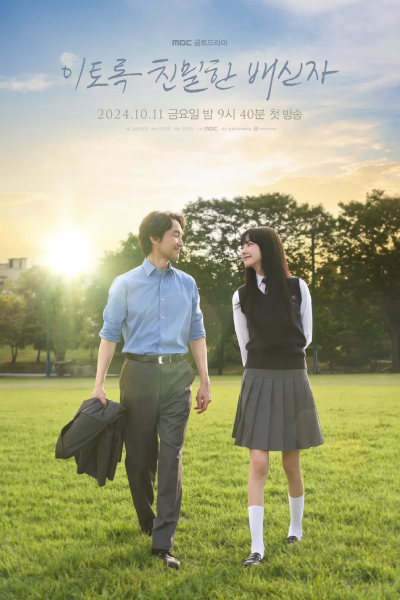
Doubt (2024)
-
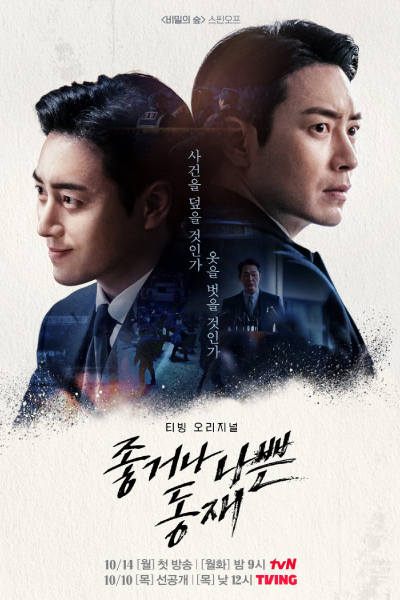
Dong Jae, the Good or the Bastard (2024)
-

The Judge from Hell (2024)
-
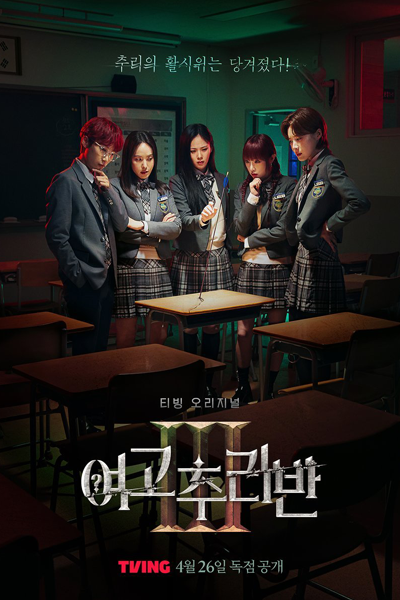
Girls High School Mystery Class Season 3 (2024)
-

Family by Choice (2024)
-
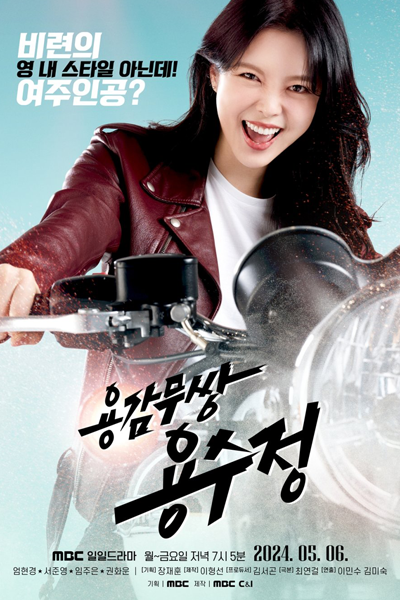
The Brave Yong Soo Jung (2024)
-

A Taste of Love (2024)
-

Bangkok Blossom (2024)
-

Memory in the Letter (2024)
-

The Cheating Heist (2024)
Genres
- Accident
- Action
- Adventure
- Alien
- Amnesia
- Ancient legend
- Animals
- Animation
- Arthouse
- Artificial Intelligence
- Award Winning
- Based on a Comic
- Based on True Story
- Betrayal
- Biography
- BL
- Bodyguard
- Bromance
- Business
- Chambara
- Childhood
- Christmas
- Cohabitation
- Cold Man
- Coma
- Comedy
- Concert
- Conglomerate
- Conspiracy
- Contract Relationship
- Corruption
- Crime
- Criminal
- Curse
- Dance
- Deity
- Demon
- Detective
- Disability
- Disaster
- Documentary
- Drama
- Eastern
- Educational
- Entertainment
- Environment
- Erotica
- Espionage
- Exorcism
- Exploitation
- Fairy
- Family
- Fantasy
- Fashion
- Feminism
- Food
- Foreign
- Friendship
- Game Developer
- Gangster
- Geishas
- Gore
- Goryeo Dynasty
- Grudge
- Gumiho
- Harem
- Hidden Identity
- Historical
- Horror
- Hostage
- Human
- Hypnotism
- Idol Drama
- Indie
- Instructional
- Investigation
- Jidai Geki
- Josei
- Kidnapping
- Kung Fu
- Law
- legal
- Lesbian
- LGBTQ+
- life
- Love Triangle
- Mafia
- Magic
- Manga
- Manhua
- Martial Arts
- Mature
- Medical
- melodrama
- Mermaid
- Military
- Miniseries
- Misunderstanding
- Monster
- Murder
- Music
- Musical
- Mystery
- Mythology
- Nature
- Neighbours
- Noir
- Novel
- Omnibus
- One shot
- Parody
- Phobia
- Poison
- police
- political
- Power Struggle
- Prison
- Professional
- Programmer
- psychiatry
- Psychological
- Reality
- Reality Show
- Reality TV
- Rebellion
- Religion
- Remake
- Republic
- Resurrection
- Revenge
- Rich Man
- Robot
- Romance
- RPG
- Rural
- Samurai
- Scholar
- School
- Sci-fi
- Seinen
- Serial Killer
- Short
- Sismance
- Sitcom
- Slapstick
- Slice of Life
- Society
- Soulmates
- Sports
- Supernatural
- Survival
- Suspense
- Swordsman
- Taiga drama
- Teamwork
- Tearjerker
- Teen
- Terrorist
- Thief
- Thriller
- Time Travel
- Tokusatsu
- Tomboy
- Tragedy
- Tragic Past
- Transmigration
- Trauma
- Treason
- Triad
- Underworld
- Unrequited Love
- urban drama
- Vampire
- Variety
- Variety show
- War
- Warrior
- Web Series
- Webtoon
- Werewolf
- Western
- Witch
- Workplace
- Wuxia
- Yakuza
- Yaoi
- Youth
- Yuri
- Zombie


